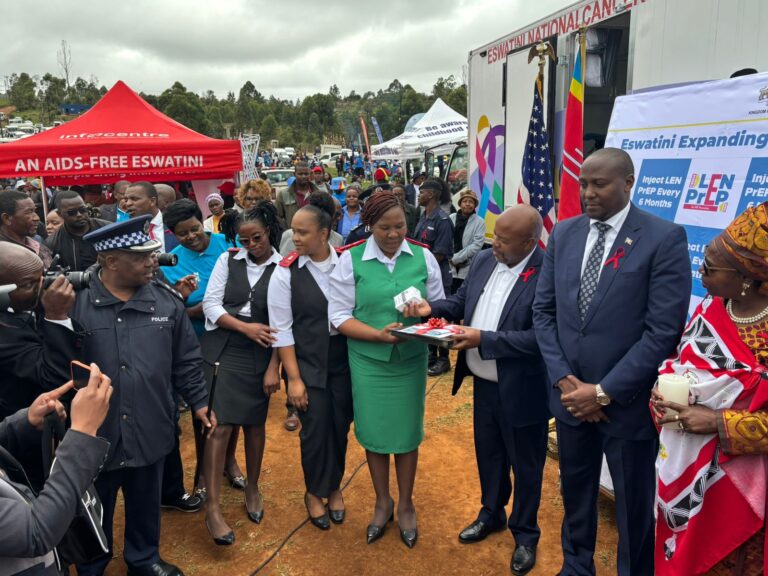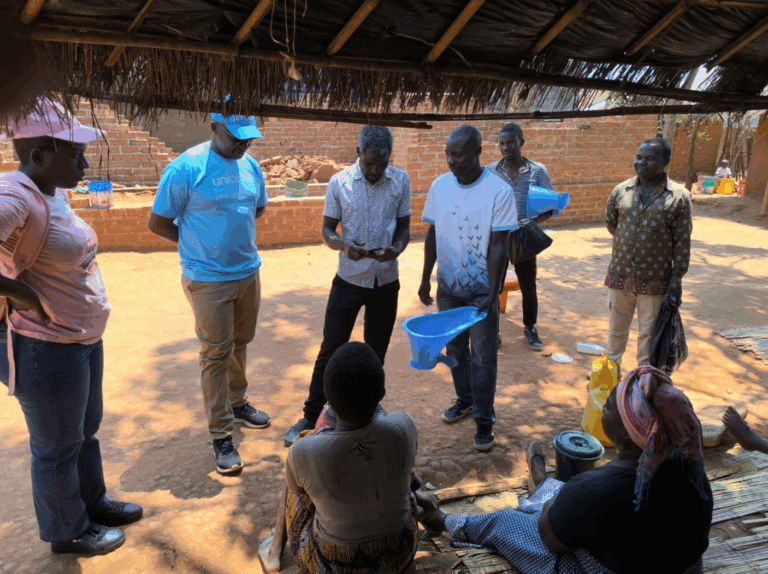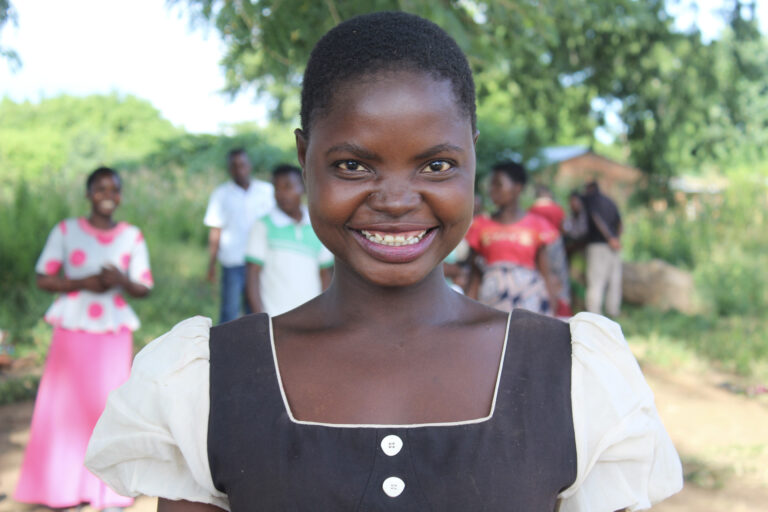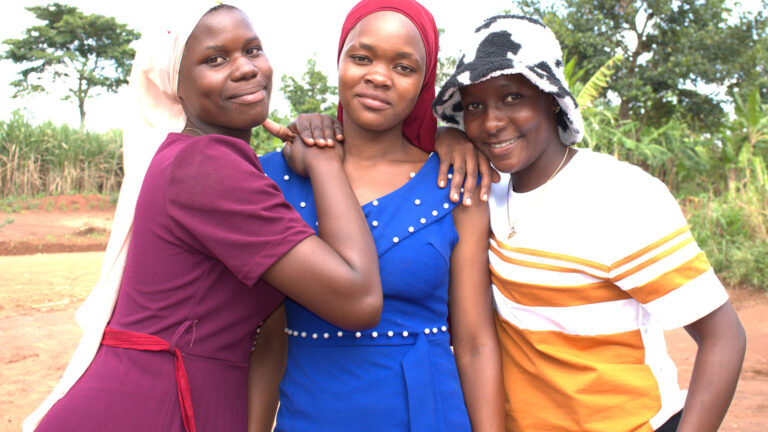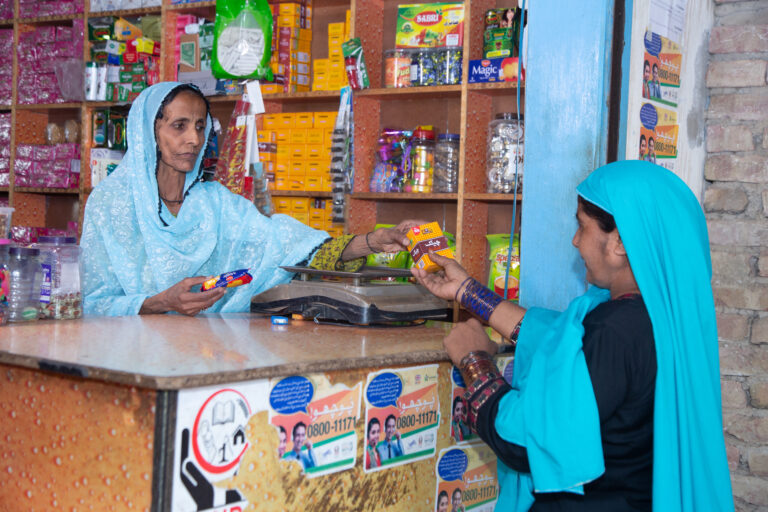Young people and girls are often upheld as the hope of a population – idealized as being energized and limitlessly capable.
That is, until we’re talking about sex.
Through A360 – PSI’s flagship adolescent sexual and reproductive health project – we’ve found that girls aged 15-19 across Nigeria, Ethiopia, Tanzania and Kenya face barriers to owning their sexual and reporductive health (SRH), in part due to a distrust in the health system and a hesitency to consult older generations.
And yet as girls share, they have dreams for their lives. They want the tools, like contraception, to support them in getting there.
A360 works with girls and governments to center girls – their voices and their experiences – in SRH services. This requires changing how the system perceives SRH for young people – and how young people see SRH as valuable and relevant to their lives. A360 reframes the narrative around contraception by leading with what matters to girls – life skills, life plans and options for their future. The project does this in three ways: Offering non-discriminatory SRH services
1. Offering non-discriminatory SRH services

“When we were in high school a friend of mine asked me to buy her oral contraceptives because she was scared that she would be judged by the health care professionals,” shares one of A360’s Youth Innovation Champions. She also told us a story about a girl that would never go to a health center to get tested for STI’s including HIV because of the unfriendly service provision she received when she went to the clinic after her boyfriend raped her. Being judged for seeking SRH service only deters young people from pursuing relevant information. Working with health care professionals to give young people friendly healthcare service is important. Having valuable clarification sessions and building empathy with health professionals will help young people feel comfortable asking the right kinds of questions and taking an active role in planning their lives.
Couple receives counseling during a Smart Start Session in Ethiopia
2. Providing youth-led and adult-guided Adolescent Sexual and Reproductive Healthcare (ASRH)

Youths and adults don’t feel comfortable talking about SRH. Why? Because young people are seen as lower-class citizens and are discouraged from sharing their opinions around adults. Inversely, adults refrain from conversing with young people because others may view this as disrespectful of the young people and degrading of the adult. In regards to SRH, adults have an impression that young people are clueless about the workings of sex and young people believe that adults aren’t realistic about the new world and that they prioritize saving face over providing advice or truly seeking to understand their views, wants and needs.
To break this bias and barrier – introduce mass media, on-ground promotion, and capacity-building sessions where all ages (retirees to Gen Z) can understand the benefits of solidarity when it comes to SRH. Youth-adult mentorships are proven to combine experience and ideas across the generations.
Young people in Kenya receive contraceptive information from the C-Word booklet
3. Engaging the Community

One of the barriers to ASRH is community access to SRH information and services. Community barriers span from gender bias, myths and misconceptions on SRH, to knowledge gaps among community stakeholders. While adolescents and youth form the majority of the world’s population, decision-making is most of the time made by adults. Adult-led decision-making begins in the household and continues up to international policy. Consistent adult leadership in matters concerning young people, coupled with knowledge gaps, has strengthened structural barriers for young people to engage and make decisions for themselves.
A360 encourages a multi-sectoral commitment in engaging community stakeholders in ASRH by identifying barriers, and developing adult-youth led, community-guided solutions through human-centered design. Solutions must be tailored towards bridging the community-level knowledge gaps in ASRH through social behavior change communication initiatives, and advocacy targeting specific groups and individuals within our societies.
Youths and adolescents engage in SRH chats during a 9JA girls activity in Nigeria
Learn more about how young people are leading the way in scaling contraceptive programs and taking charge of their lives at the A360 Learning Hub.

